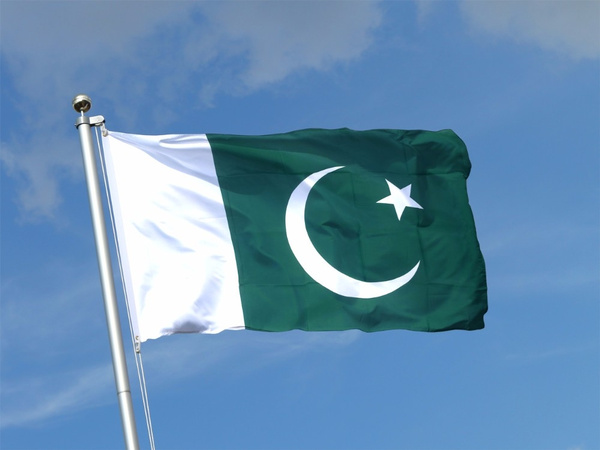
Pakistan continues its trajectory of being a perpetual crisis-ridden state. In addition to standing on the brink of an economic disaster the country also an imminent meltdown of its state institutions. The Pakistani state looks dysfunctional, the incumbent government appears unable to manage anything, and the parliament appears ineffective and irrelevant as the former prime minister Imran Khan continues to hold the country hostage to his ravings and rallies.
In a recent column, Pakistani-American analyst Dr Mohammad Taqi writes “Decades of constant meddling in the political process, tampering with the constitution, and manipulation of the state institutions has had catastrophic consequences. Perpetual political engineering by the army has not just stunted the natural evolution of the state institutions but has made them disfigured and dysfunctional. Visualizing the smaller nations like the Baloch, through the national security lens rather than an equitable rights-based approach, and consequently unleashing a dirty war on them has pushed them to alienation and militancy. Additionally, the army’s use of jihadist proxies to prosecute its warped foreign policy has had bloody domestic blowback in the form of groups like the TTP that have been unleashing terror at home for over a decade-and-a-half.”
Taqi notes that while Pakistan has often faced economic crises and also political instability “what is unprecedented are the palpable divisions in the army brass. The Pakistan army, arguably the most powerful entity in the country, has been an extremely disciplined outfit. Technically, a department of the ministry of defense, the army sees itself as an institution in the Pakistani state structure, which has always acted in unison to preserve its institutional interests. And for all practical purposes, the army is the chief and chief the army. While the decision-making is collective, the COAS is the face of the army’s unbridled power. But when the army decided upon the controlled demolition of its failed hybrid regime experiment, wherein it ruled jointly with Imran Khan, the brass, especially General Bajwa faced criticism from the officer class. In the end, the army went through with dismantling its Imran Khan project but in the process discovered itself to be a divided house. The incumbent COAS, General Syed Asim Munir, whose appointment Imran Khan had cast aspersions over, hasn’t been heard from much. While this could be him keeping in line with the army’s proclamation that it intends to remain neutral in the political matters or a more plausible scenario where the COAS hasn’t consolidated his authority.”
Taqi points out that “decades of army patronage have helped Imran Khan create not just a devoted public following but also a sizeable following within the civil bureaucracy, judiciary and, above all, the armed forces. Large sections of media, which previously parroted only the official army line, have sided with Imran Khan, drawing some notable but ineffective reprimand orchestrated by the current brass. And case after case, the superior judiciary, which has been the army’s handmaiden for the better part of the country’s existence, has given Imran Khan a kid glove treatment, indicating either a nod from a section of the brass or trying to chart its own course absent a directive from the army. Pakistan is, in effect, a house divided against itself. Add to this volatile mix a resurgence of the home-grown Tehrik-e-Taliban Pakistan (TTP) terrorists, and disaster in near future is writ large.”
Taqi concludes by nothing that “politicians, especially those in the coalition, have to put their house in order to preempt and stymie any adventurism. To bring Pakistan back from the brink requires a political will and capacity of the Himalayan proportions, which the incumbent civilian dispensation seems to lack. It would, however, behoove them to at least try to build a consensus for a new charter of democracy that calls for holding the previous putschists and their collaborators among the judiciary, bureaucracy, and politicians accountable.”
![]()





